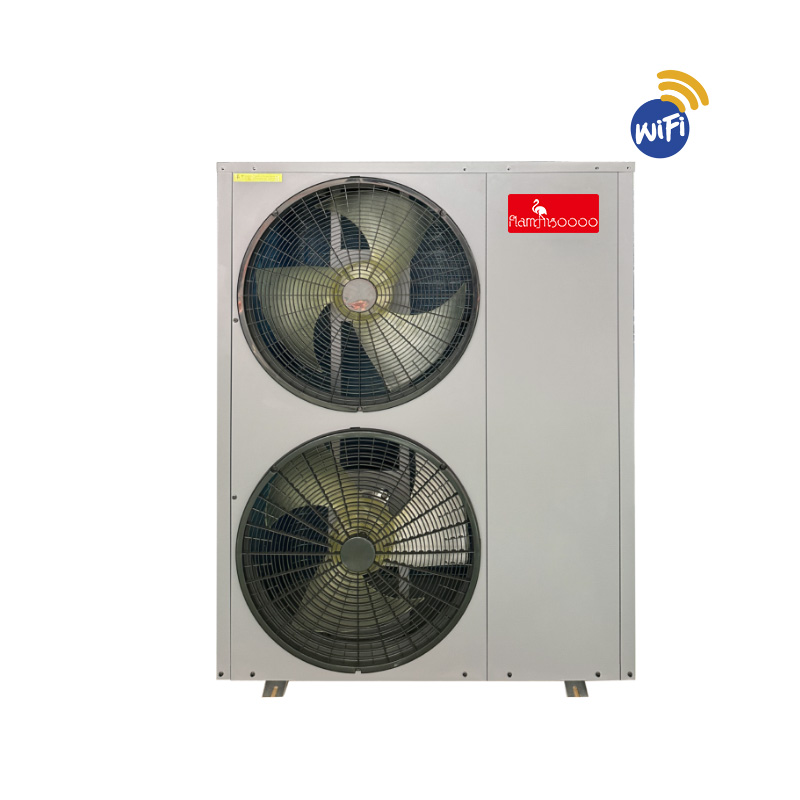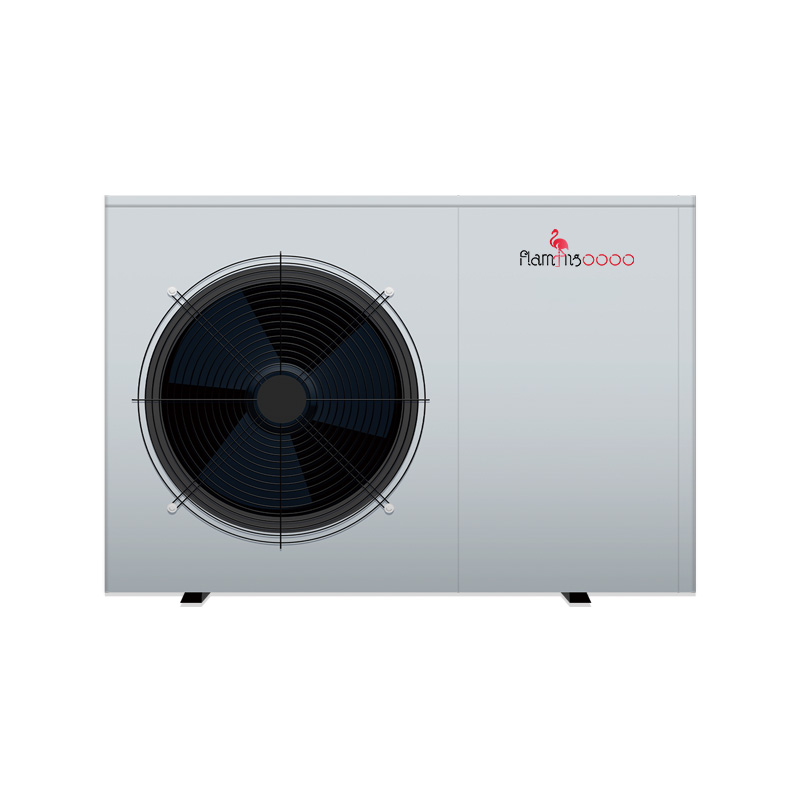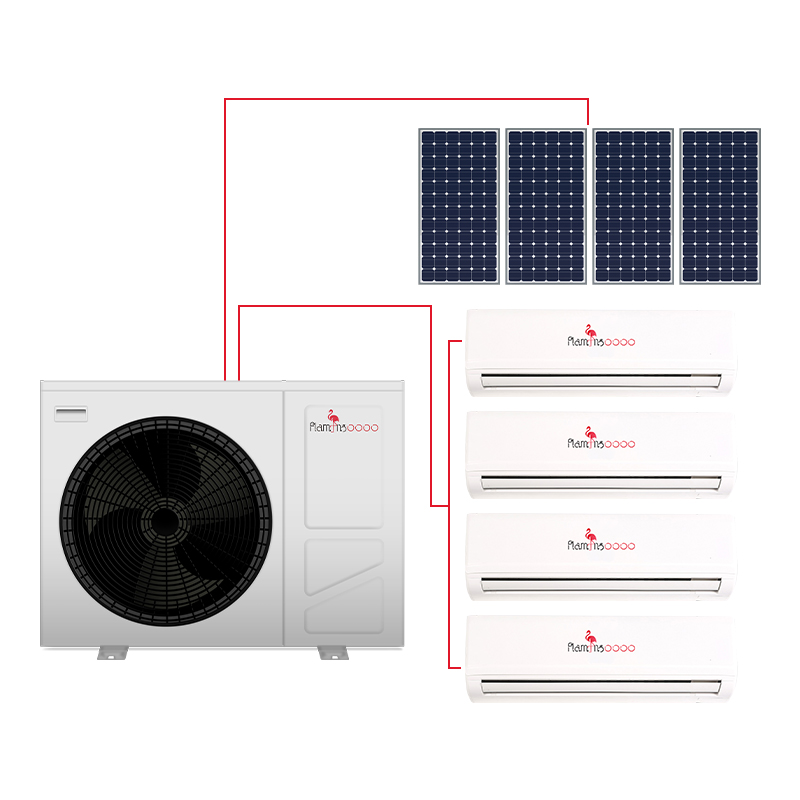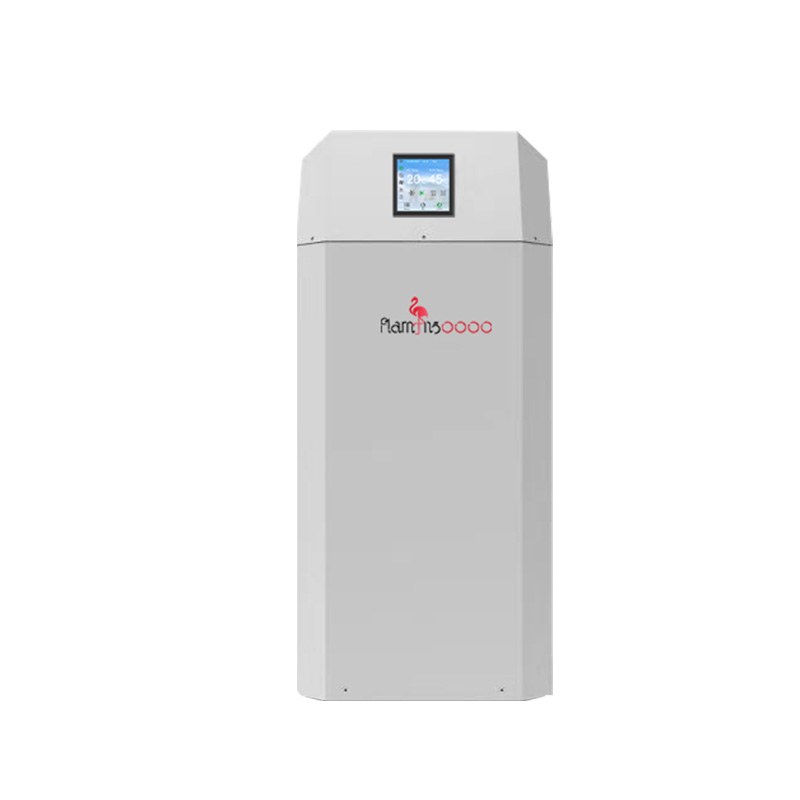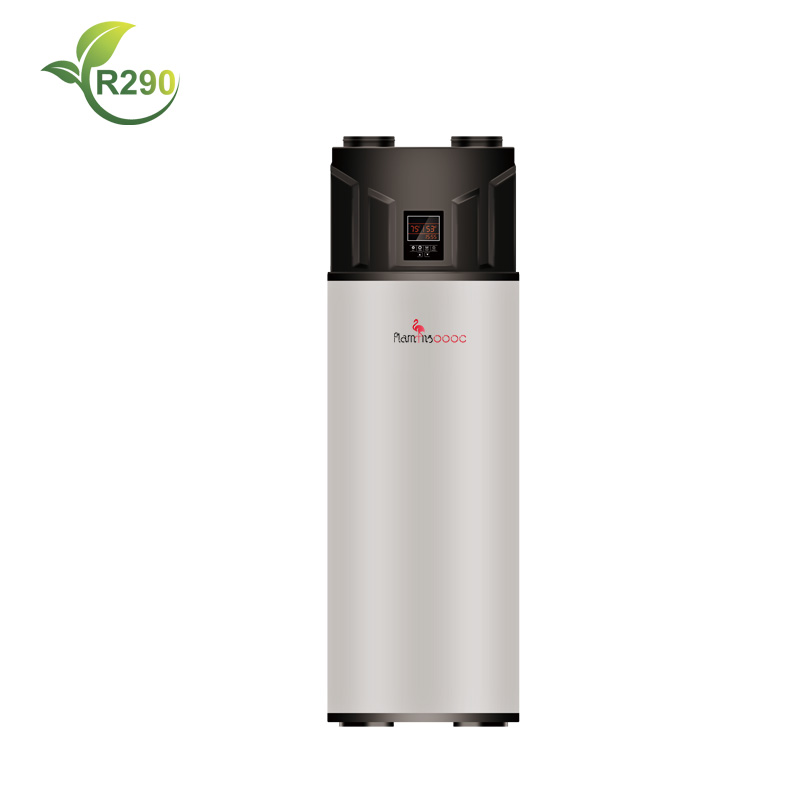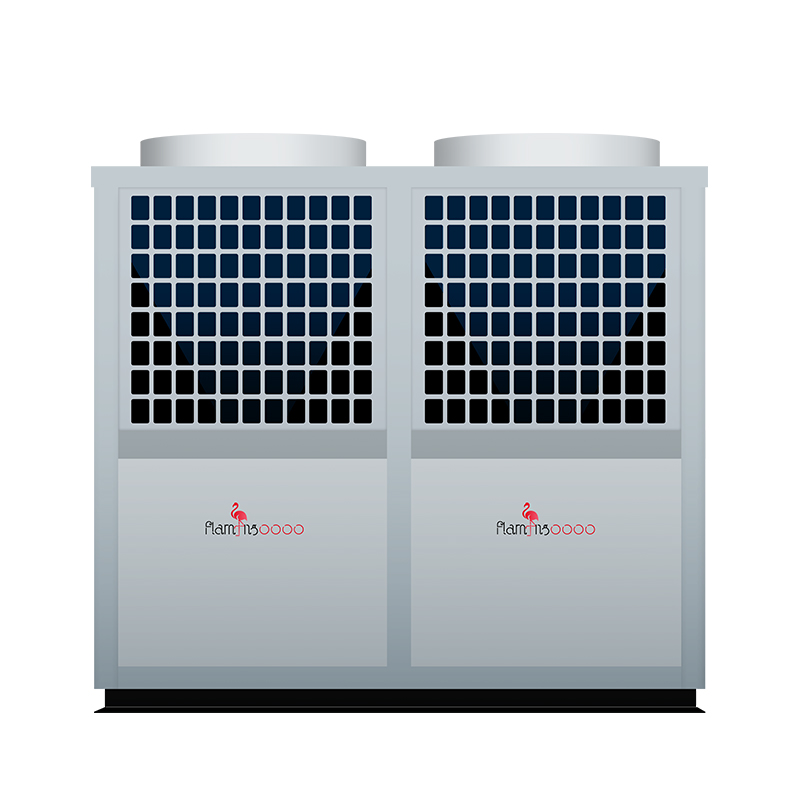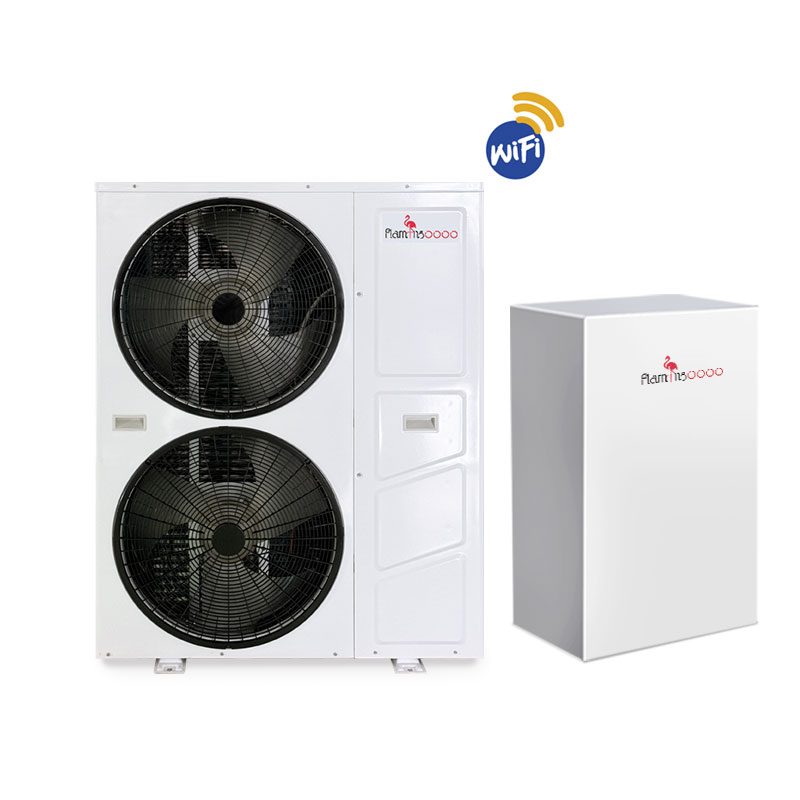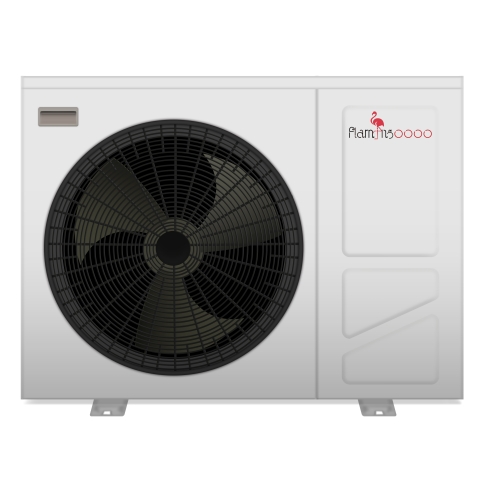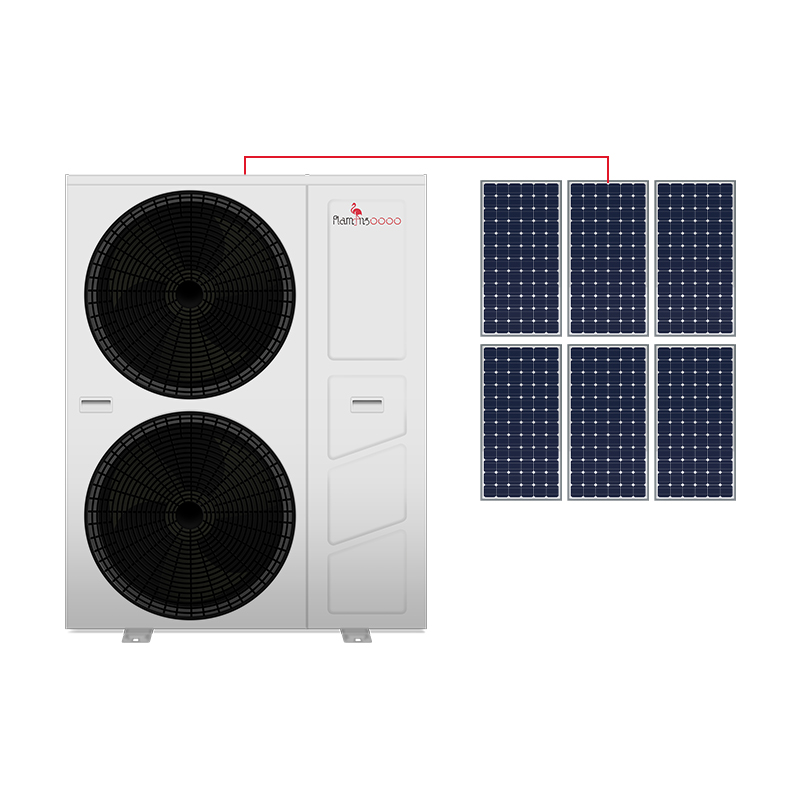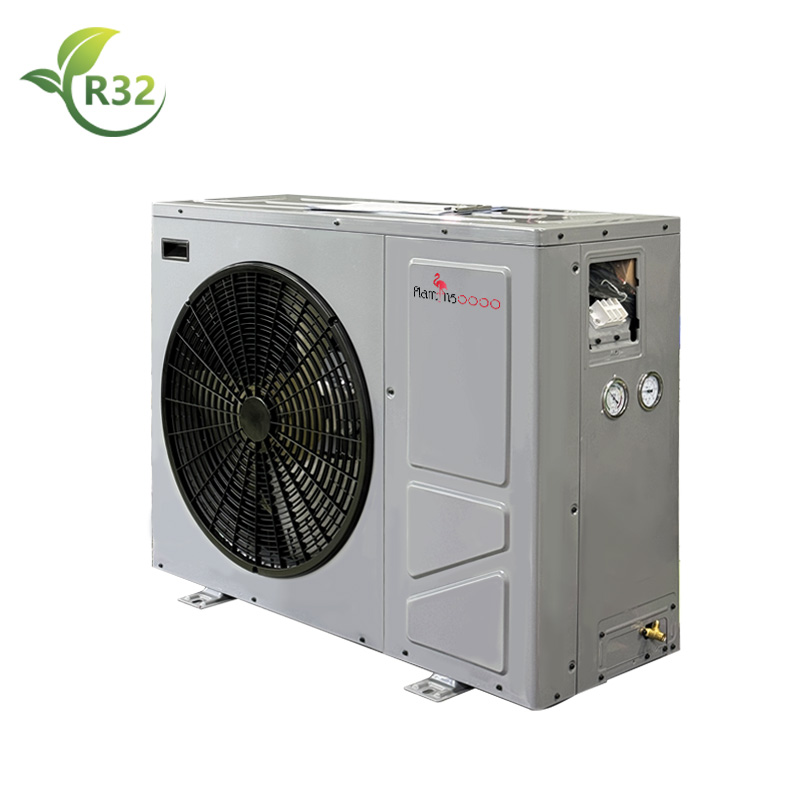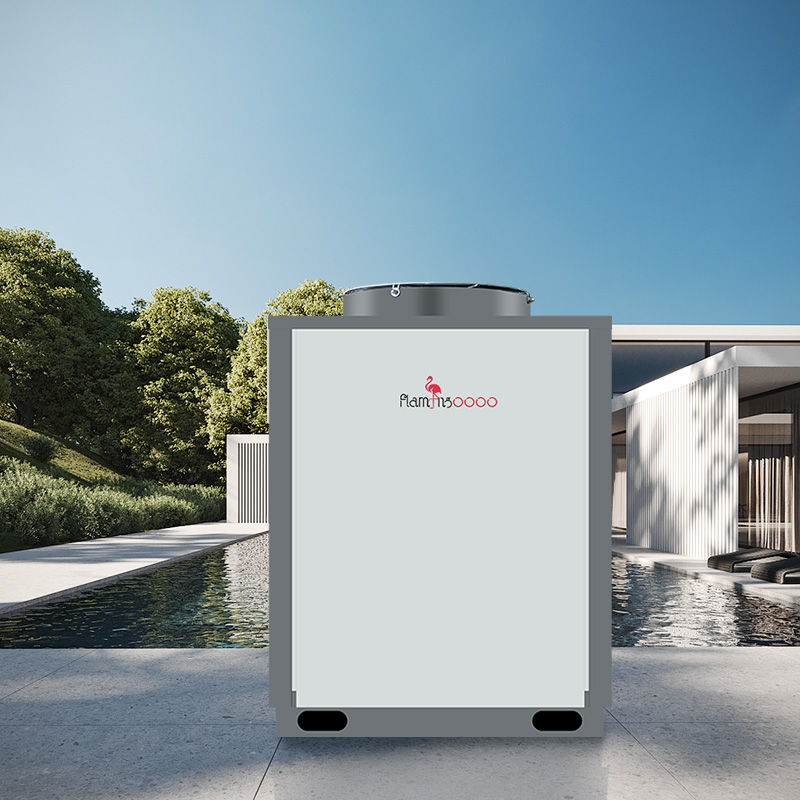
Now more than ever, heat pumps are taking center stage. Whether it's ground, monoblock, mini-split, or air to water heat pumps, there's a growing excitement surrounding these eco-friendly HVAC (Heating, Ventilation, and Air Conditioning) systems.
Unlike traditional central heating systems or furnaces that rely on gas or oil, heat pumps operate differently. They don't emit carbon, making them environmentally friendly options. This is why governments and utility companies are expanding incentives for homeowners to install them, encouraging everyone to contribute to environmental sustainability.
As per an analysis by the International Energy Agency (IEA), the global sales of heat pumps surged by 11% in 2022, marking the second consecutive year of double-digit growth. The IEA further projects that by 2030, heat pumps will nearly double their share of heating at this pace.
In the following discussion, we'll provide an overview of the pros and cons of heat pumps for your consideration.
Understanding Heat Pumps
A heat pump serves as a contemporary alternative to conventional HVAC systems such as boilers and furnaces. Engineered to provide both heating and cooling capabilities, heat pumps feature metal coils, a fan, and refrigerant in their design. Unlike traditional heating methods that rely on electricity or natural gas combustion, heat pumps operate by extracting heat from the outdoor surroundings and transferring it indoors (or vice versa during cooling operations).
Here are the benefits/pros of installing a heat pump:
● All-Season Comfort:
Heat pumps offer dual functionality, providing both heating and cooling capabilities. This consolidates your heating and cooling needs into one system, ensuring year-round comfort in your home. During winter, they efficiently warm up the room by extracting heat from the surroundings. In summer, they reverse the process, acting as air conditioners to cool the indoor environment. With just a simple press of a button, you can control and monitor your heat pump operation remotely using a mobile app, ensuring premium comfort and convenience.
● Eco-Friendly Operation:
Unlike traditional heating systems that rely on fossil fuels, heat pumps operate using electricity, making them environmentally friendly. They extract heat from natural sources like air, water, and ground, transferring it to your home without emitting harmful carbon gases. Additionally, most heat pump manufacturers use eco-friendly refrigerants like R290 and R410A, which do not contribute to ozone layer depletion.
● Energy Efficiency:
Heat pumps are highly energy-efficient, boasting a Coefficient of Performance (COP) of 4 or more. This means they can produce four times more heating or cooling power than the electricity they consume. In comparison, traditional heating systems typically have a COP below 1, resulting in higher energy consumption. By reducing energy consumption, heat pumps can significantly lower your utility bills, especially when combined with renewable energy sources like solar power.
● Enhanced Safety and Air Quality:
Heat pumps eliminate the risks associated with conventional heating systems, such as fire outbreaks and gas leaks. They operate without open flames or combustion, ensuring safe indoor environments. Moreover, heat pumps improve indoor air quality by filtering and purifying the air, removing dust, odors, mold, smoke, and other harmful particles. This is particularly beneficial for individuals with asthma and allergies.
● Cost Savings:
While the initial investment and installation costs of heat pumps may be higher, they offer long-term cost savings through reduced energy bills and low maintenance requirements. According to the Department of Energy, heat pumps can cut energy consumption by about 50% compared to traditional heating systems. Additionally, government grants and incentives are available to help offset the upfront costs, making heat pumps a financially viable option for homeowners.
● Durability:
Heat pumps are built to last, with an average lifespan of 10-20 years or more, depending on factors such as quality, installation, and maintenance. Their durability ensures reliable performance for over a decade, offering both heating and cooling solutions without the need for expensive repairs or maintenance.
Cons of Heat Pumps:
Efficiency in Extreme Temperatures:
In frigid climates, heat pumps may exhibit reduced efficiency, necessitating specialized models or supplemental heating sources.
Maintenance Needs:
Ice accumulation in wintry conditions can impede heat pump performance, although modern models feature intelligent defrosting mechanisms.
Electricity Dependency:
Reliant on electricity, heat pumps may lead to increased energy consumption, particularly during power outages, highlighting the importance of backup power options.
Initial Cost:
While cost-effective in the long run, heat pumps entail higher upfront expenses compared to traditional systems due to their dual functionality.
Feel free to contact us for more information on how heat pumps can benefit your home.

